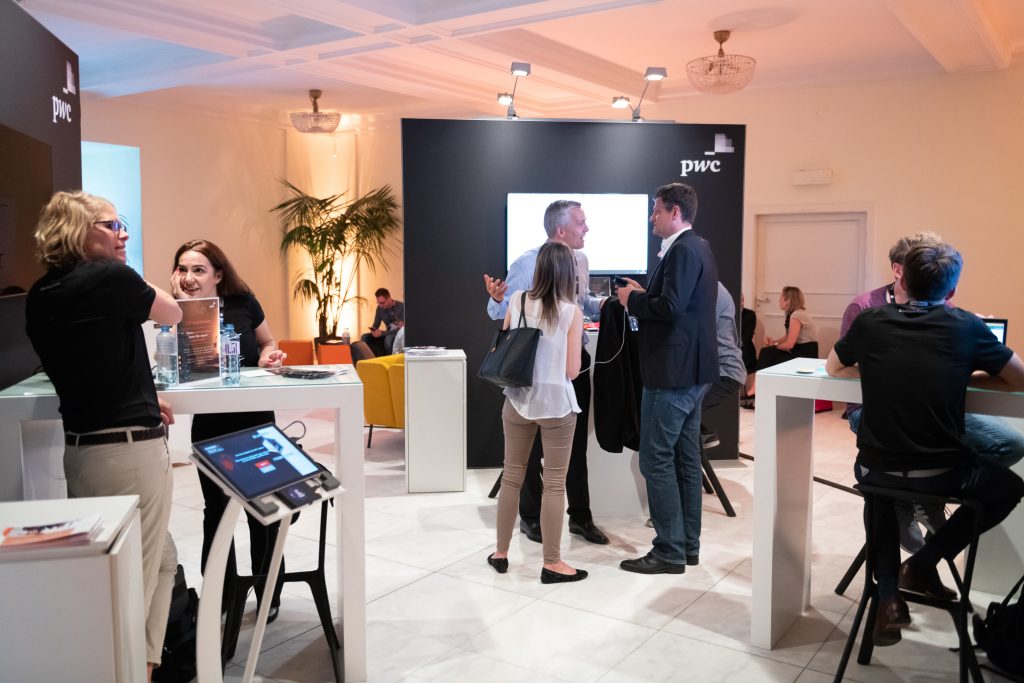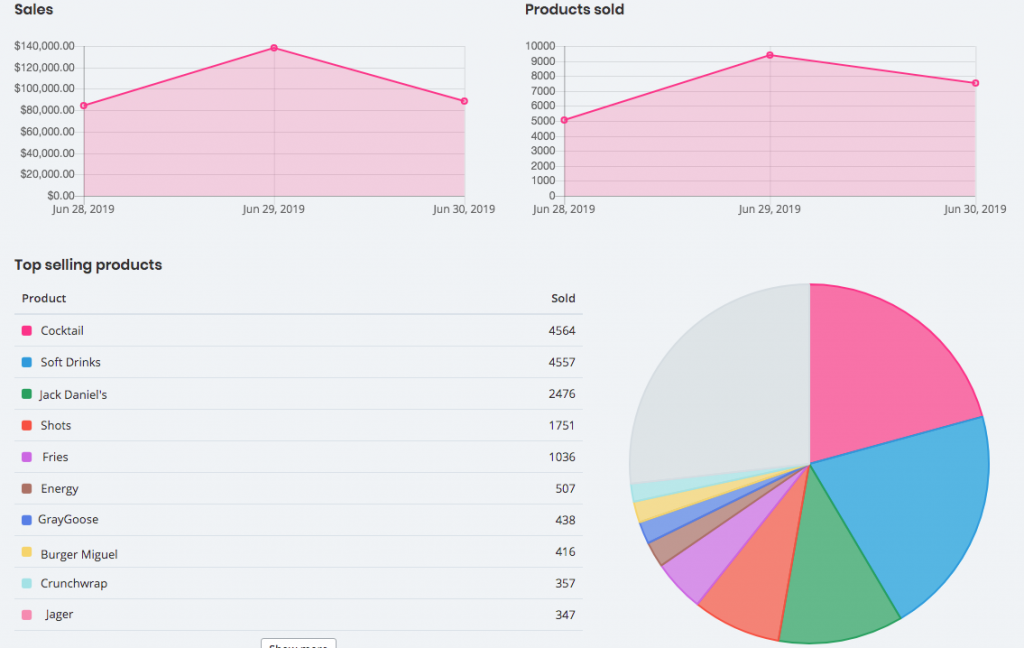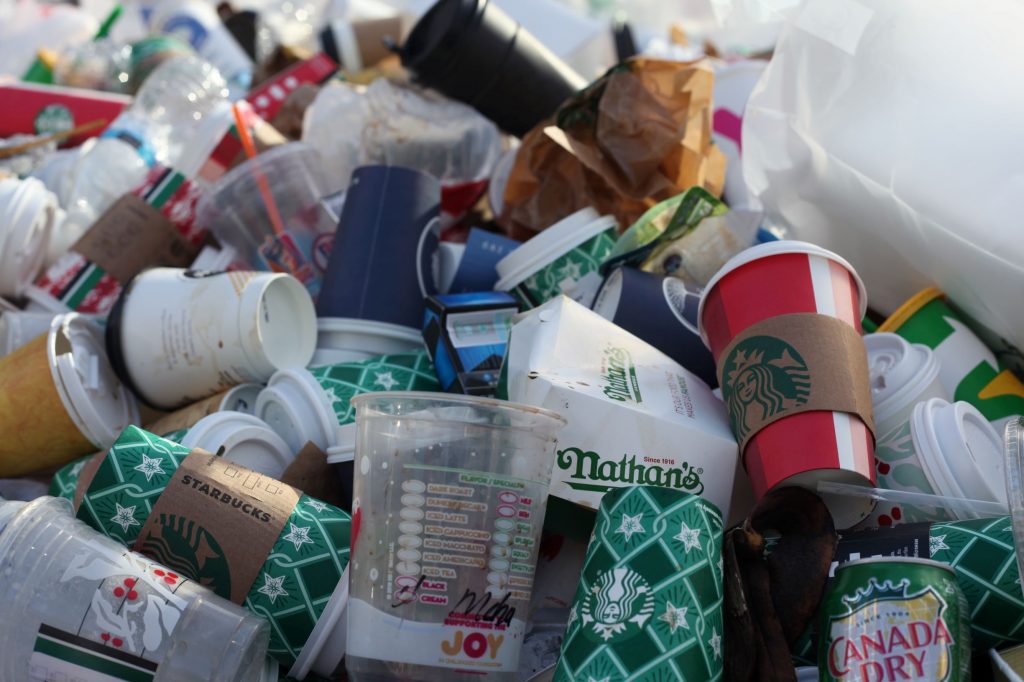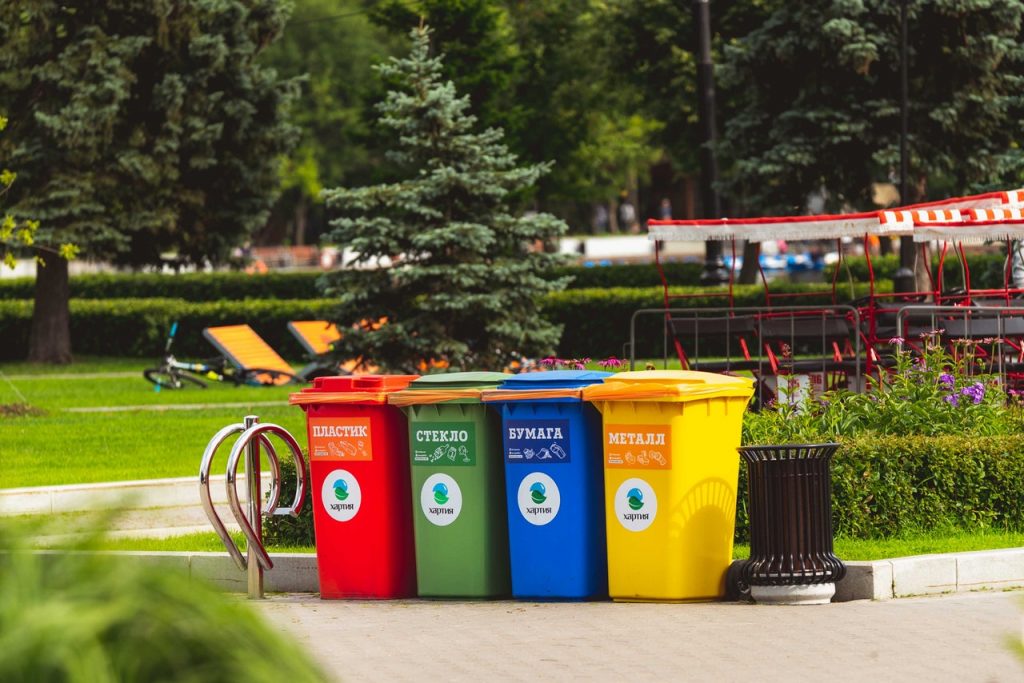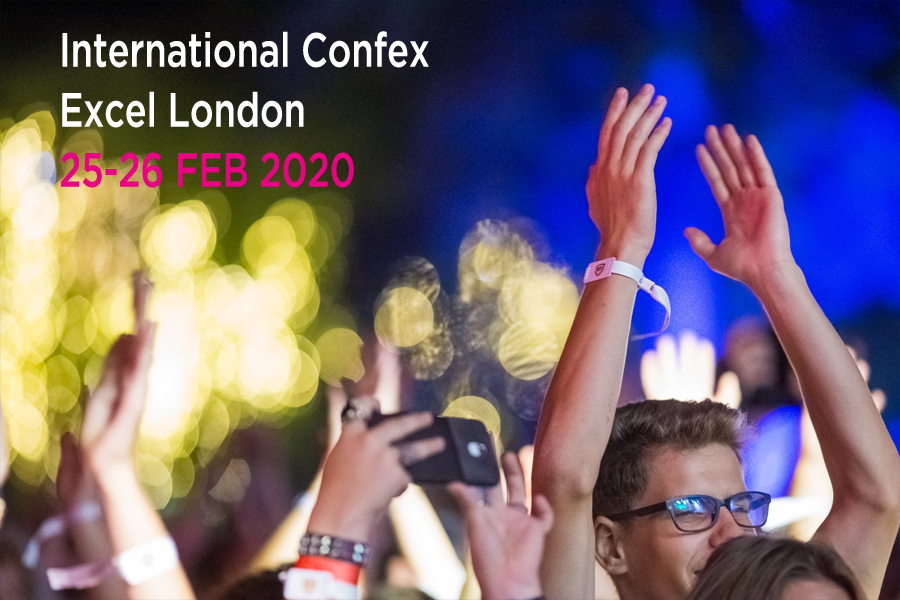During a festival, sponsors contribute to the attendee experience and entertainment. It’s very unlikely to attend a large festival without noticing heavy signs of branding across the grounds. Ranging from exclusive vendor booths to branded stage names and traditional banners, sponsors have become an integral part of a festival’s success.
Sponsors aim to build genuine connections with participants through innovation. According to a recent study, millennial attendees perceive brands that sponsor festivals as more authentic and trustworthy. As we live in a world where data is the new gold, being able to follow up and form a lasting relationship with your prospective clients is essential. As expected, festival-goers don’t like to lose their precious time with providing personal details, especially in this environment.
What if sponsors could collect valuable data from attendees with a simple tap of the hand?
Great news! Oveit Interact is the game changer in this case.
Sponsors using Oveit Interact
To collect data as a festival sponsor with our solution, the process is straight forward and user friendly. There is no need to ask individual attendees for personal information and manually input it. Instead, the NFC chip placed inside the branded wristband does the magic. Sponsors can create unique accounts and personalize the interaction screen as they wish. After each interaction, participants give their consent and agree to share their information with sponsors (GDPR compliant).
At the end of the festival, you can simply export the collected information from your account by pressing a button. If there are no add-ons attached to a particular ticket category, the interaction can only take place once. In other words, if someone tries to connect with a sponsor for the second time, the App will notify that an interaction has already occurred.
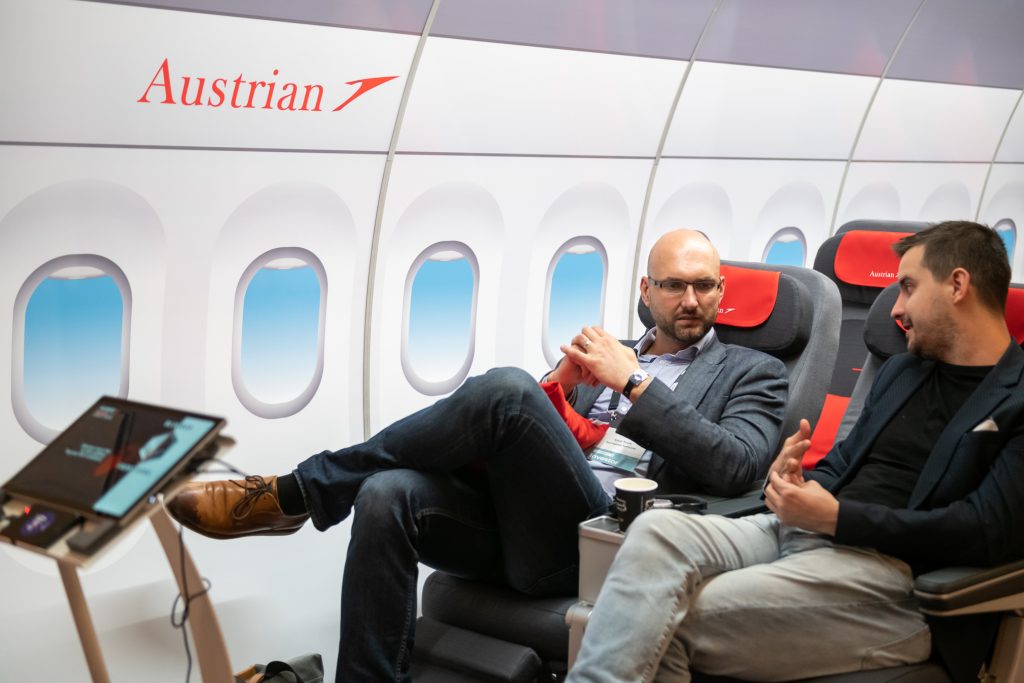
Attendees using Oveit Interact
Recently, I attended a festival with a variety of brand activations (sponsors) on site. All of those activations were completely unique and truly inspiring. I found it annoying to participate in their campaigns, because I had to repeat myself every time to provide relevant details, such as my e-mail address or phone number . But guess what … I still did it because their freebies were quite amazing and worth claiming.
With Oveit Interact, providing those details in an environment where music is banging in your ears is not necessary. You can simply enjoy those cool freebies with a tap of your wrist.
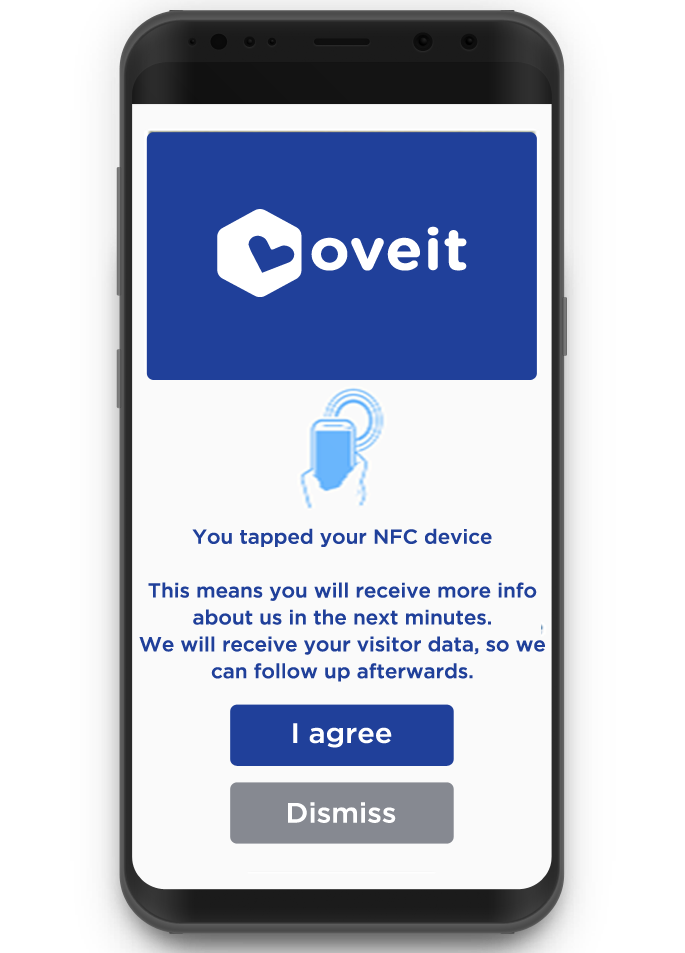
Main takeaways
As previously mentioned, data is the new gold. Oveit Interact enables festival sponsors to step up their game and collect valuable information in a matter of seconds. As for keeping in touch with the ones who passed by your booth, you can customize the follow-up email and the App takes care of sending it out after each interaction.
As for the attendees, it is important to mention that sponsors don’t have access to sensitive information. The information collected comes strictly from the registration form, included in the ticket purchase process. With that being said, don’t hesitate to contact us for additional information!
